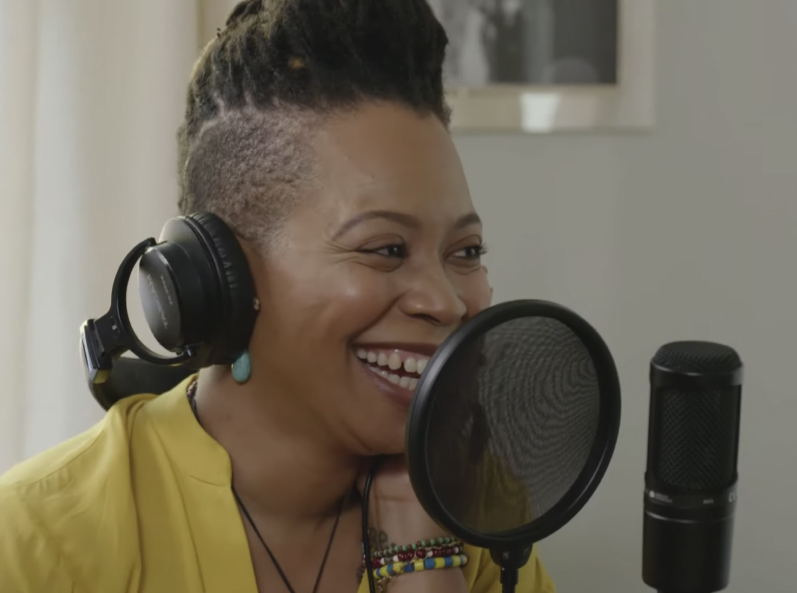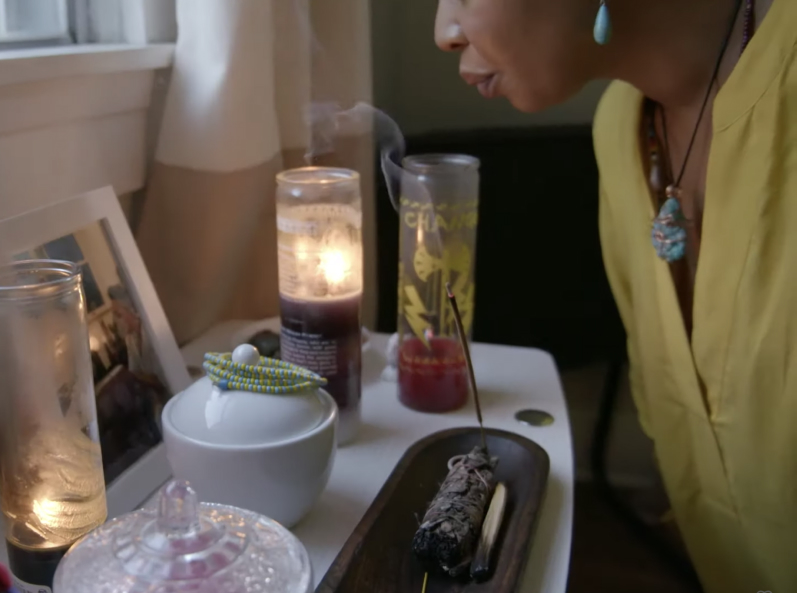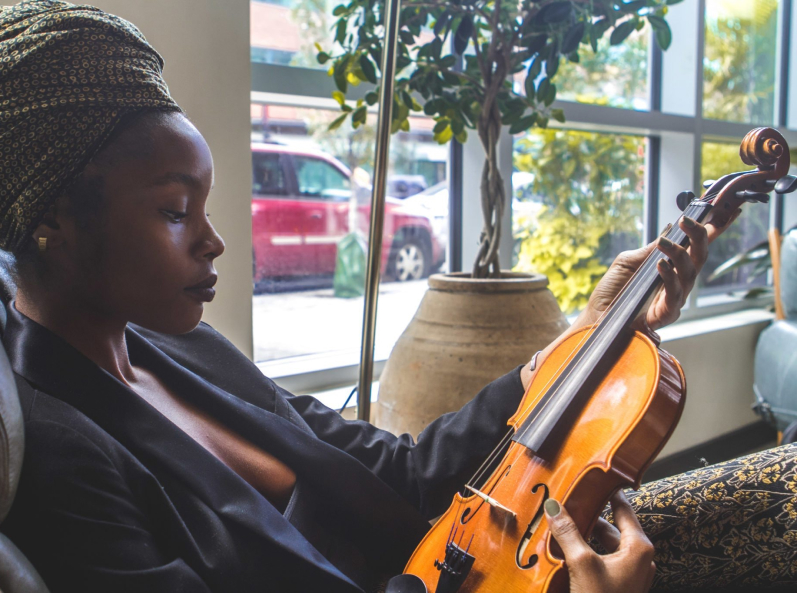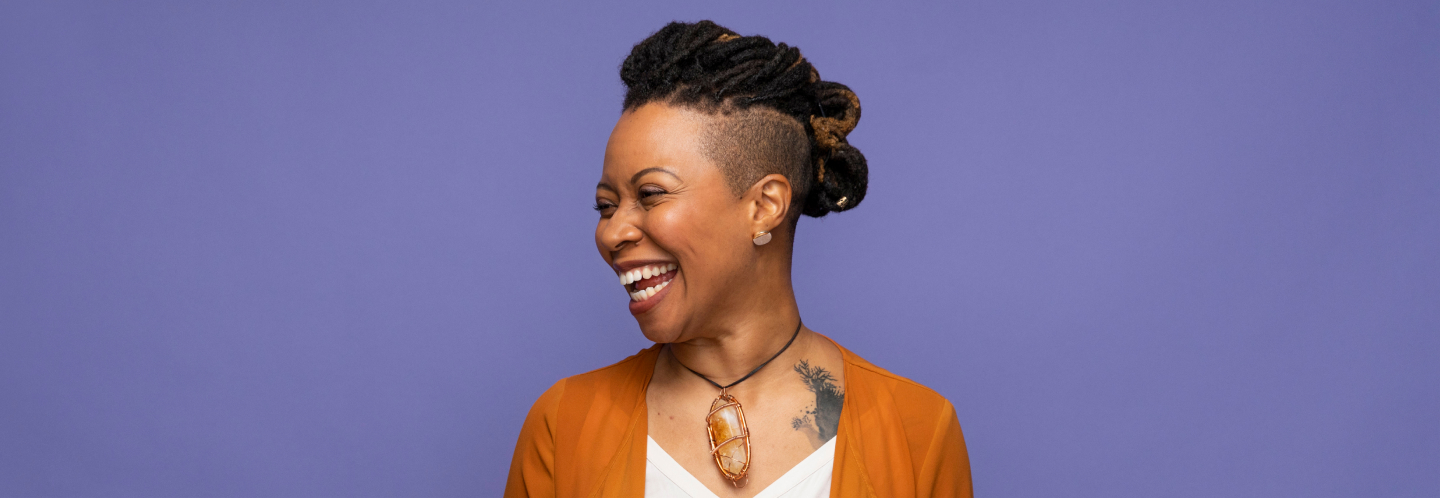
Building her website showed this artist and therapist she’d been an entrepreneur all along
Microbusiness profile
Building her website showed this artist and therapist she’d been an entrepreneur all along

For years, Thea Monyeé had been working as an artist and therapist. But it wasn’t until 2018 that she began to see herself as an entrepreneur.
At the time, Thea was employed full-time as a counselor on a college campus in Los Angeles. The only black therapist at the school, Thea was meeting with students all day, five days a week, and felt an enormous pressure to reach as many students as she could. “There’s no way to facilitate the kind of care you want to give people in that kind of assembly line,” she says.
So Thea began exploring what it would be like to define her work in a less rigid way. “For years, I felt like who I am needed some form of explaining,” she says. This time, she decided to document all the aspects of her interests on a website, theamonyee.com.
I wanted a space to claim all of my identity. I am a therapist, an Oya priestess in the Ifa tradition. I’m a writer. I podcast.”
– Thea Monyeé
entrepreneur
“For years I never came at it from the empowered position of being an entrepreneur,” Thea says. “The website was my way of starting to test the waters and build a side business.”
Redefining her career as an entrepreneur
The website has become a launchpad for a number of new professional initiatives that have transformed her career. Most are focused on mental health issues, specifically as they relate to the trauma experienced by Black people. While she still works two days a week counseling college students, she spends the rest of her time on the various educational, community-building and therapeutic activities that make up her business. In the process, she’s been able to hire one full-time and one part-time employee, and relies on five others who work for her on a contract basis.
While Thea’s journey is unique, her success mirrors that of millions of microbusiness owners who have helped strengthen their local economies. New research by Venture Forward, based on an analysis of approximately 20 million online microbusinesses in the U.S., shows that a high concentration of microbusinesses lowers unemployment, as each new entrepreneur helps create two new jobs on average, in addition to their own.
Growing their microbusiness holds particular appeal to women and African Americans, according to a GoDaddy survey of more than 2,000 microbusinesses. Both groups are more likely than average to rely on their microbusiness for supplemental income and are more likely to want to turn it into their main source of income, the survey found.
Thea’s entrepreneurial journey includes the creation of MarleyAyo, which she calls a “creative wellness” consulting company and which offers training programs, consultation and development packages, and lectures focused on issues related to the harmful effects of colonization and enslavement. Through it, Thea has also been hired for a variety of speaking engagements.
Her clients have included organizations like the Recording Academy’s MusiCares, which provides mental health support to people in the music industry; and big corporations like social media company Snap and broadband provider Spectrum, where she’s held workshops on diversity and inclusion. “I work with people who are ready to change,” she says.
Building a business online through the pandemic
Growing her business online in the middle of a pandemic meant Thea had to adjust and learn what worked best as she went along. While she’d started out holding Zoom webinars with anywhere from 200 to 500 participants at a time, she quickly realized she needed to shrink the size of the groups in order to better connect with people. Now she makes sure events are limited to 100 people. In March, she launched a virtual library of lectures and content that members can access through her site.
The business website also helped her create a forum for a community she was yearning to build. The Blacker the Brain is an online space where a cohort of around 60 participants meets monthly via Zoom to discuss topics of joy, pleasure and mental health focused on the Black community.
The website also gave her a chance to highlight the work she’s started doing in other mediums. In the past year, Thea started a podcast called Shaping the Shift that looks at topics around creativity, risk and balance for artists and entrepreneurs. In less than a year, the podcast has garnered nearly 30,000 followers across more than 40 countries. This year she also plans to add two new aspects of her work to her online platform: a not-for-profit organization and a forthcoming book on self-exploration called Blood & Bajareque.
“I wanted a space to claim all of my identity. I am a therapist, an Oya priestess in the Ifa tradition. I’m a writer. I podcast,” she says. “I needed a place where all of me could exist and didn’t have to be filtered.”
More Profiles & Use Cases

A restaurant supplier’s creative approach to thriving during the pandemic
How a fish wholesaler moved online to reach a new market, selling high-quality seafood out of a truck
Read the article entitled “A restaurant supplier’s creative approach to thriving during the pandemic”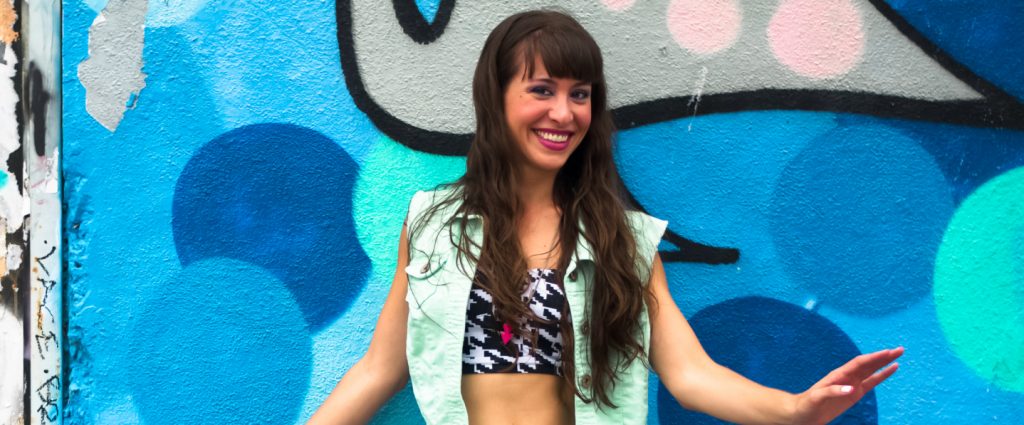
A Miami tap dancer dreams of an entrepreneurial future
With her online store, Natasha Williams aims to change the way women wear press-on nails
Read the article entitled “A Miami tap dancer dreams of an entrepreneurial future”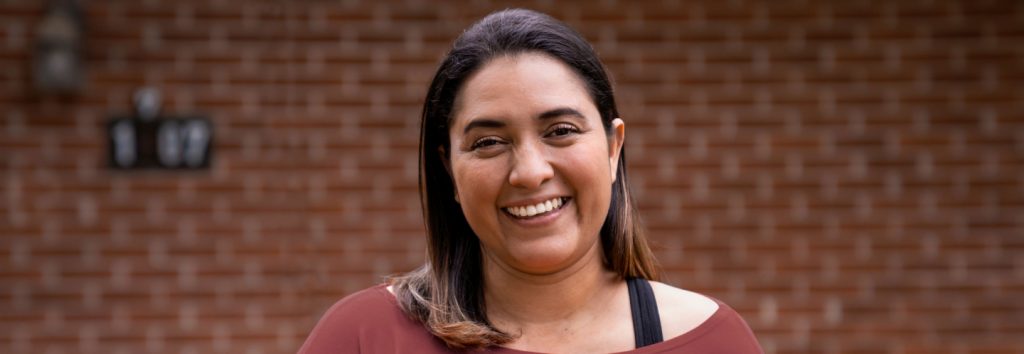
From struggling single mother to successful entrepreneur
How skills training and a microloan helped one woman thrive through the pandemic
Read the article entitled “From struggling single mother to successful entrepreneur”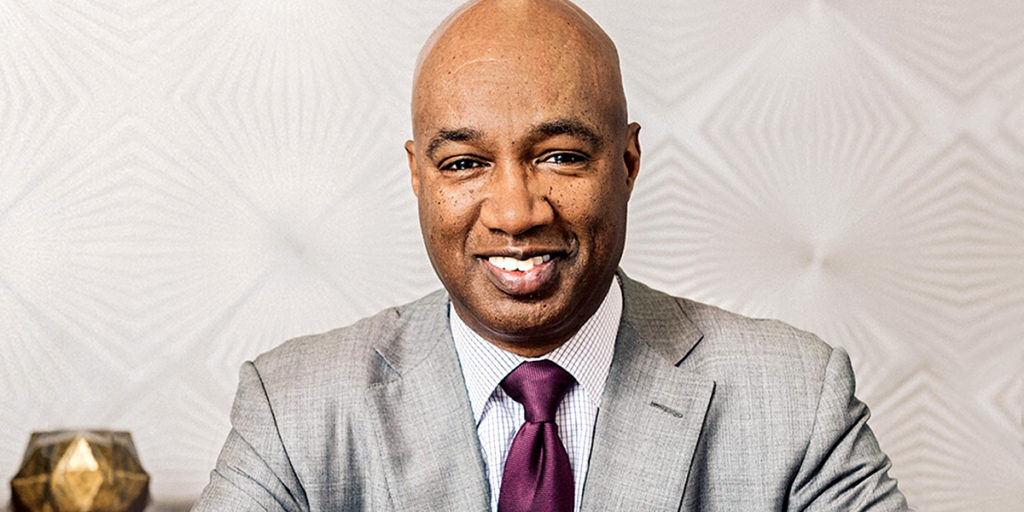
America’s digital divide is hindering economic growth
Larry Irving, a former federal telecommunications official, explains what policymakers can do right now to support micro businesses in at-risk communities
Read the article entitled “America’s digital divide is hindering economic growth”